Back to Courses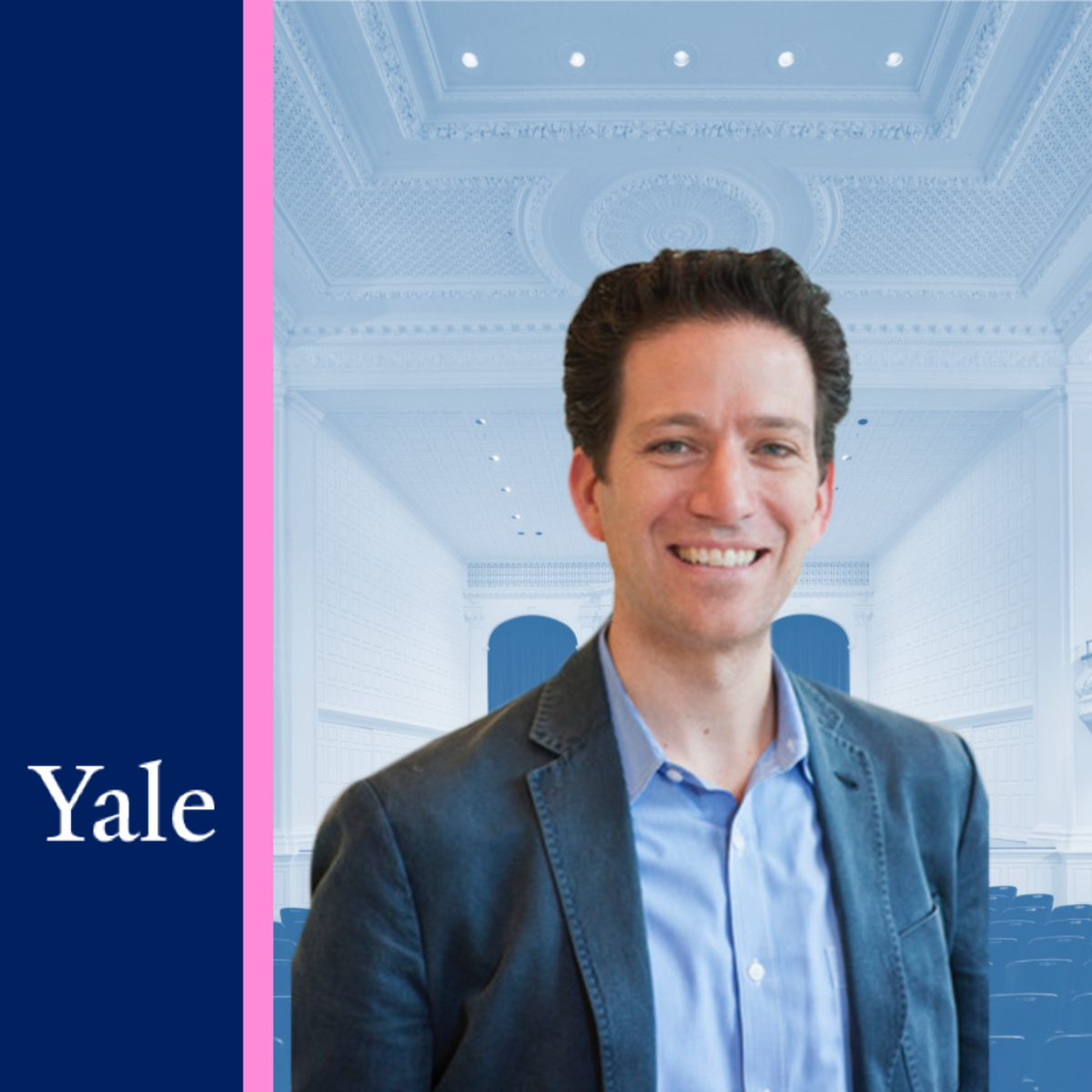
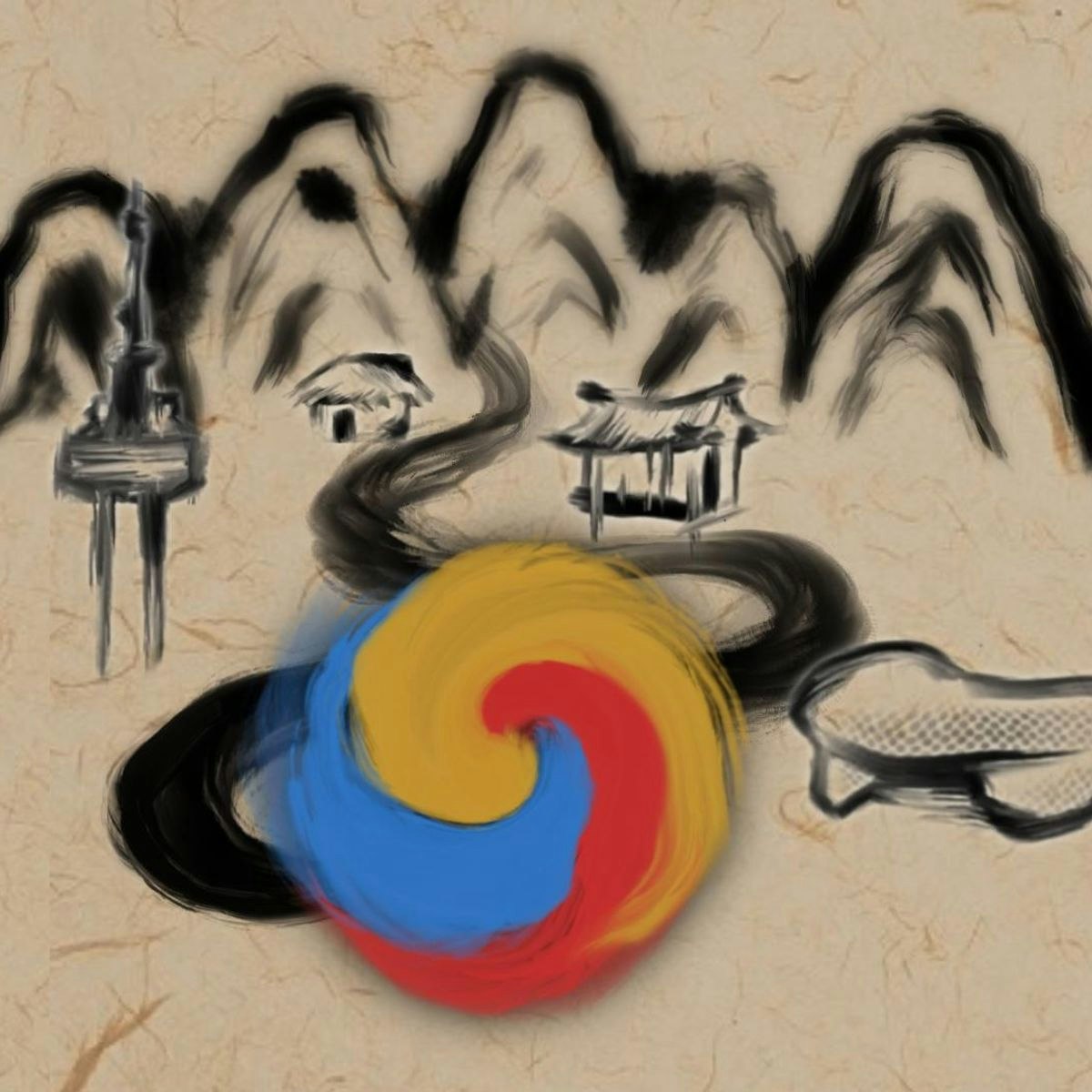
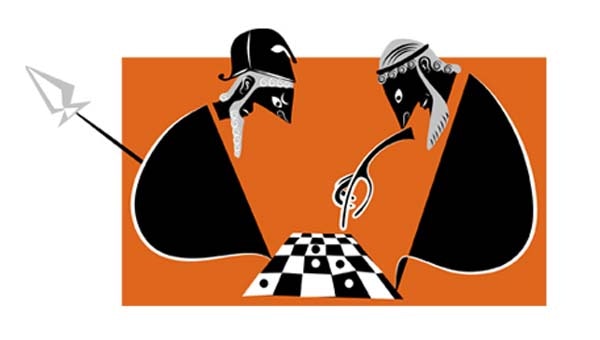



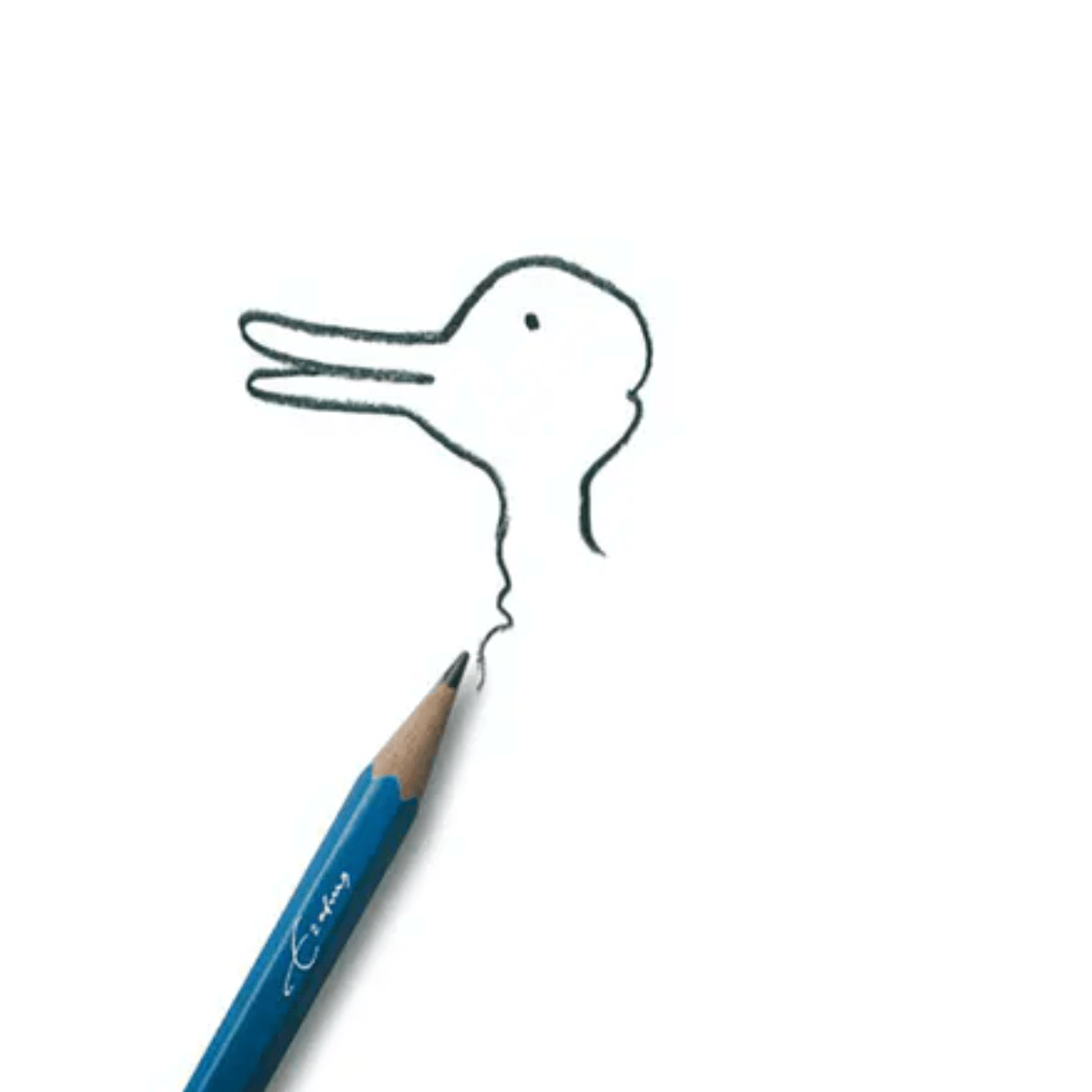


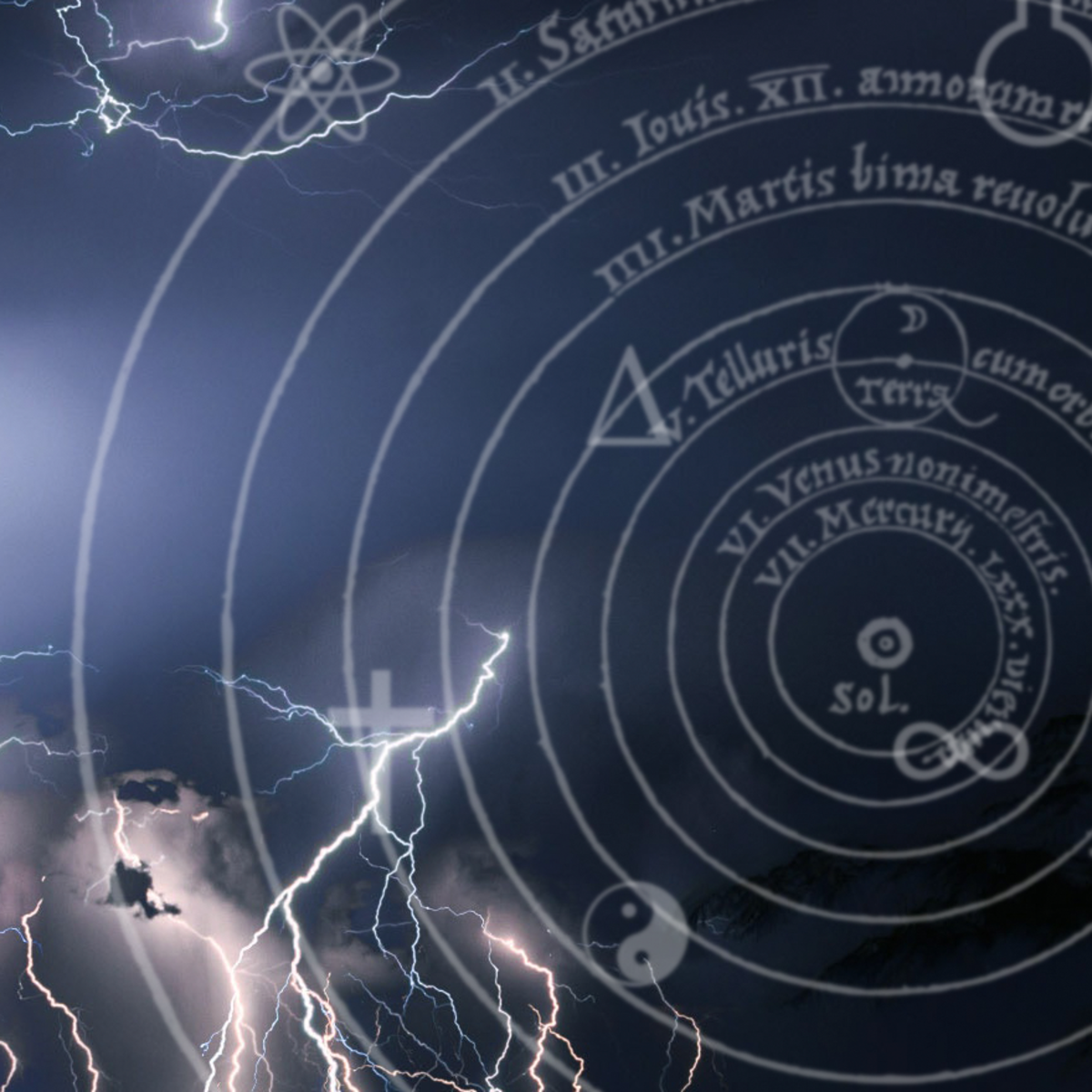
Philosophy Courses
Showing results 1-10 of 81

Music and Social Action
What is a musician’s response to the condition of the world? Do musicians have an obligation and an opportunity to serve the needs of the world with their musicianship?
At a time of crisis for the classical music profession, with a changing commercial landscape, a shrinking audience base, and a contraction in the number of professional orchestras, how does a young musician construct a career today? Are we looking at a dying art form or a moment of reinvigoration?
In this course we will develop a response to these questions, and we will explore the notion that the classical musician, the artist, is an important public figure with a critical role to play in society.
The course will include inquiry into a set of ideas in philosophy of aesthetics; a discussion about freedom, civil society, and ways that art can play a role in readying people for democracy; discussion on philosophy of education as it relates to the question of positive social change; and an exploration of musical and artistic initiatives that have been particularly focused on a positive social impact.
Guiding questions for this course inquiry will include:
- How can classical music effect social change?
- How has music made positive change in communities around the globe?
- What can the field of classical music learn from other movements for social change?
- How have educators and philosophers thought about the arts and their connection to daily contemporary life?
Each class will explore one critical question through lectures, discussions, interviews, or documentaries.

Introduction to Korean Philosophy and Culture
This course will give you the cultural and historical background to begin your journey into Korean philosophy, and there is no prerequisite knowledge on philosophy required. Anybody who either has an interest in Korean culture, maybe through K-Dramas or K-pop, or an interest in philosophy from a cross-cultural perspective, are all welcome.
Despite the growing interest in Korean culture, there are few courses which explore the fascinating topic of Korean philosophy. On this course, you’ll be introduced to concepts in Korean philosophy through an exploration of the Korean language, culture and perspective.
The Korean cultural, social, and political environment has informed and transformed the intellectual assets of China and the West. You’ll explore the creative tensions that Koreans have experienced, and broaden your worldview as you discover a new philosophical approach.

Reason and Persuasion: Thinking Through Three Dialogues By Plato
In this course we study the ancient, Socratic art of blowing up your beliefs as you go, to make sure they're built to last. We spend six weeks studying three Platonic dialogues - "Euthyphro", "Meno", "Republic" Book I - then two weeks pondering a pair of footnotes to Plato: contemporary moral theory and moral psychology.
Platonic? Socratic? Socrates was the teacher, but he said he never did. Plato was the student who put words in his teacher's mouth. You'll get a feel for it.
We have a book: the new 4th edition of "Reason and Persuasion", by the instructor (and his wife, Belle Waring, the translator.) It contains the Plato you need, plus introductory material and in-depth, chapter-length commentaries. (Don't worry! John Holbo knows better than to read his book to the camera. The videos cover the same material, but the presentation is different.)
The book is offered free in PDF form - the whole thing, and individual chapter slices. It is also available in print and other e-editions. See the course content for links and information.
The course is suitable for beginning students of Plato and philosophy, but is intended to offer something to more advanced students as well. We seek new, odd angles on old, basic angles. Tricky! The strategy is to make a wide-ranging, interdisciplinary approach. Lots of contemporary connections, to make the weird bits intuitive; plus plenty of ancient color, still bright after all these years. So: arguments and ideas, new possibilities, old stories, fun facts. Plus cartoons.
The results can get elaborate (some book chapters and some lesson videos run long.) But each video comes with a brief summary of its contents. The lessons progress. I put them in this order for reasons. But there's no reason you can't skip over and around to find whatever seems most interesting. There are any number of self-contained mini-courses contained in this 8-week course. You are welcome to them.
Plato has meant different things to different people. He's got his own ideas, no doubt. (Also, his own Ideas.) But these have, over the centuries, been worn into crossing paths for other feet; been built up into new platforms for projecting other voices. (Plato did it to Socrates, so fair is fair.) So your learning outcome should be: arrival somewhere interesting, in your head, where you haven't been before. I wouldn't presume to dictate more exactly.

Ethics of Artificial Intelligence
This course deals with the problems created, aggravated or transformed by AI. It is intended to give students a chance to reflect on the ethical, social, and cultural impact of AI by focusing on the issues faced by and brought about by professionals in AI but also by citizens, institutions and societies. The course addresses these topics by means of case studies and examples analyzed in the light of the main ethical frameworks.

Introduction to Religions & Ecology
At first glance the fields of religion and ecology may seem and unlikely pairing, but a deeper consideration reveals the two have a great deal to contribute to one another and are indeed inextricably linked. Religions recognize the unity and interdependence of humans with nature. Ecological sciences affirm this deep interconnection with the natural world. This partnership can inspire work for the wellbeing of the Earth community
There is a need for broader literacy and deeper knowledge of the world’s religions and their ecological contributions. This specialization, starting with this course, contributes such a perspective. Each course celebrates the vitality of religiously-informed action for the Earth and recognizes the longstanding contributions of Indigenous peoples in offering visions and practices for ecological flourishing.
This course is part one of the "Religions and Ecology: Restoring the Earth Community" series of classes that focuses on the ecological dimensions of religious traditions throughout the world. The course you are about to begin is designed as a gateway to the other classes. It describes the nature of religion as well as the emergence of the field of ecology. In addition, it highlights concerns for forestry issues, the climate emergency, global ethics, and environmental justice.
This course is for lifelong learners curious to know more about world religions and ecology, environmental professionals eager to deepen the discourse of environmental protection and conservation, those working with non-profit organizations and NGOs on issues of ecological justice, and religion leaders and laity who wish to know how they can contribute to interreligious dialogue on environmental projects.

Love as a Force for Social Justice
The objectives of this course are:
-To introduce participants to different concepts of love, to empower them to be conscious of the power of love and the possibility of practicing it in everyday life, and to highlight in particular the idea of love as a force for social justice.
-To communicate a sense of personal strength and empowerment by actively learning from each other and beginning to define how participants can apply their learning in service to society.
This course will explore the concept of agape love (compassion/kindness) as a force for social justice and action and as the inspiration for service and the application of knowledge to positive social change. Biological, psychological, religious, and social perspectives of love will be discussed, drawing on the expertise of people from a variety of disciplines.
During the six-week course, the following topics will be raised and discussed: kinds of love/defining love; non-violent communication; love and the biology of the brain; love as a basic concept of religious and ethical beliefs (e.g., Judaism, Christianity, Islam, Buddhism, Gandhian); love applied in action, and poetic expressions of love as a social force. This curriculum aims to foster a sense of the importance of love as a key phenomenon in creating community, connection, and functional societies among humans.
Course materials will draw from a variety of sources. One of the goals of the class is to provide participants with some knowledge of the literature of love, and readings for the course are listed in the outline of the course on the pages that follow.

The Epistemic Quest for Truth: Introduction to epistemology
The introduction of the internet and of social media has drastically changed our information position. We live in a time of ‘truth decay’: the distinction between opinions and facts is blurred, opinions have more impact than facts, and sources of factual information are increasingly distrusted. Since philosophers love truth, they deplore these tendencies. But what can they do about them?
In this course, you will be invited to reflect on whether, in what sense and to what extent, 2500 years of normative epistemology, or theory of knowledge, can be put into practice and help to reduce truth decay. You’ll be invited, more specifically, to reflect on
- the theory of knowledge,
- the analysis of knowledge,
- the possibility of knowledge,
- the structure of knowledge,
- the kinds of knowledge, and
- the value of knowledge.
Think of a pressing example of truth decay that strikes you and wonder how epistemology may go against it.

The Creative Leader
This aims primarily at post-baccalaureate students interested in leadership theory.
The course has four modules. Module 1 covers definitions and foundations of creative leadership. Topics include, What is creative leadership? Why creative leadership? And foundations of creative leadership. Module 2 addresses the facilitative functions of the creative leader. Topics include employee creativity on an individual level; employee creativity and team complexity; and employee creativity and team diversity. Module 3 addresses the directive functions of the creative leader. Topics include directive creative leaders in politics; directive creative leaders in haute cuisine; and directive creative leaders in the arts. Module 4 addresses the integrative functions of the creative leader. Topics include integrative creative leadership and final creative products; and integrative leadership and others’ individual creative products
This is one course in the Coursera specialization, Leadership: An Introduction. It examines current trends in leadership theory invoking several disciplines, including business, sociology, philosophy, history, and psychology.
To complete this course successfully students should be able to analyze college-level readings and audio/visual presentations into understandable parts, including premises and conclusions; synthesize the results of the analysis into coherent and accurate summaries; and evaluate the results for accuracy and practical applicability.
Upon successful completion of the course, students will be able to
• Define creative leadership
• Explain the facilitative functions of a creative leader
• Explain the directive functions of a creative leader
• Explain the integrative functions of a creative leader
• Assess the value of creative leadership to contemporary organizational leadership
• Apply techniques of creative leadership to organizational challenges

Re-imaging God in Korean Context
This course will be an overview of a development of the theological methods in relation to Korea’s cultural context. Completing the course, the learners can understand cultural influences on the dynamic development of Korean churches and indigenous theology; they can also gain an insight into their own image of God and theological imagination in their own cultural context.

Philosophy, Science and Religion: Religion and Science
Philosophy, Science and Religion mark three of the most fundamental modes of thinking about the world and our place in it. Are these modes incompatible? Put another way: is the intellectually responsible thing to do to ‘pick sides’ and identify with one of these approaches at the exclusion of others? Or, are they complementary or mutually supportive? As is typical of questions of such magnitude, the devil is in the details. For example, it is important to work out what is really distinctive about each of these ways of inquiring about the world. In order to gain some clarity here, we’ll be investigating what some of the current leading thinkers in philosophy, science and religion are actually doing.
This course, entitled ‘Religion and Science’, is the third of three related courses in our Philosophy, Science and Religion Online series. The course will address five themes, each presented by an expert in the area.
1. Science, Religion, and the Origin of the Universe (Professor Tim Maudlin, NYU )
2. Buddhism and Science (Professor Graham Priest, CUNY)
3. Evolution and Design (Dr Kevin Scharp, St Andrews)
4. Sin Suffering and Salvation: Evolutions Thorny Issues (Dr Bethany Sollereder, Oxford)
5. Human Uniqueness in Science, Theology, and Ethics (Professor David Clough, Chester)
The first and second courses in the Philosophy, Science and Religion series, 'Science and Philosophy' and 'Philosophy and Religion' were launched in 2017 and you can sign up to these at any time. It is not necessary to have completed these courses to follow this course. However, completing all three courses will give you a broader understanding of this fascinating topic. Look for:
• Philosophy, Science and Religion I: Science and Philosophy - https://www.coursera.org/learn/philosophy-science-religion-1
• Philosophy, Science and Religion II: Philosophy and Religion - https://www.coursera.org/learn/philosophy-science-religion-2
Upon successful completion of all three courses, students will:
(1) Understand the main parameters at stake in the current debate between science and religion.
(2) Have some familiarity with the relevant areas of science that feature in the debate—including cosmology, evolution, and the neurosciences—and will have begun to engage with them conceptually.
(3) Have encountered key philosophical approaches to the interface between science and religion, and will have had the opportunity to engage them in practice.
(4) Have embarked constructively in cross-disciplinary conversations.
(5) Have demonstrated an openness to personal growth through a commitment to dialogue across intellectual and spiritual boundaries.
You can also follow us on Twitter at https://twitter.com/EdiPhilOnline and you can follow the hashtag #psrmooc
Popular Internships and Jobs by Categories
Find Jobs & Internships
Browse
© 2024 BoostGrad | All rights reserved